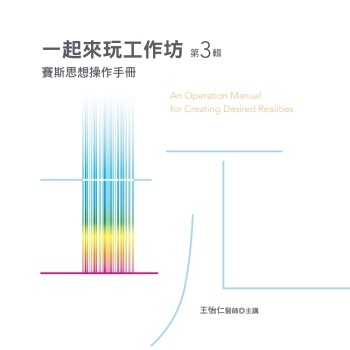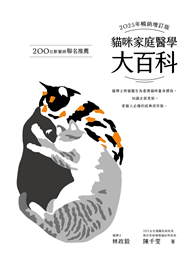"Heart of Darkness" by Joseph Conrad is a mesmerizing journey into the depths of human nature and the dark recesses of the human psyche. Set against the backdrop of colonial Africa, Conrad’s masterpiece delves into the heart of the Congo, both literally and metaphorically, as it explores themes of imperialism, exploitation, and the inherent darkness within mankind.
At the center of the narrative is Charles Marlow, a seasoned seaman who embarks on a harrowing voyage up the Congo River in search of the enigmatic ivory trader, Kurtz. As Marlow travels deeper into the African wilderness, he encounters the brutal realities of colonialism and the degradation of the native inhabitants.
Conrad’s prose is hauntingly evocative, painting vivid images of the dense jungle, the oppressive heat, and the pervasive sense of unease that permeates the landscape. Through Marlow’s eyes, we are transported to a world where the line between civilization and savagery blurs, and where the veneer of European superiority crumbles in the face of primal instincts and unchecked ambition.But it is Kurtz who looms largest over the narrative, a figure both revered and feared, whose descent into madness mirrors the moral decay of the colonial enterprise itself. As Marlow ventures further into the heart of darkness, he grapples with the existential questions of good and evil, sanity and madness, and the thin veneer of civilization that separates humanity from barbarism.
Conrad’s exploration of the human condition is as relevant today as it was when "Heart of Darkness" was first published in 1899. Through his searing indictment of imperialism and the human capacity for cruelty, he forces us to confront uncomfortable truths about our own society and our collective history.In the end, "Heart of Darkness" is not merely a tale of adventure and exploration, but a profound meditation on the human soul and the moral ambiguity of the human experience. It is a journey into the darkest recesses of the human heart, where the line between light and shadow, good and evil, blurs and fades away. And it is a testament to the enduring power of literature to illuminate the darkest corners of our existence and to challenge us to confront the demons that lie within.












